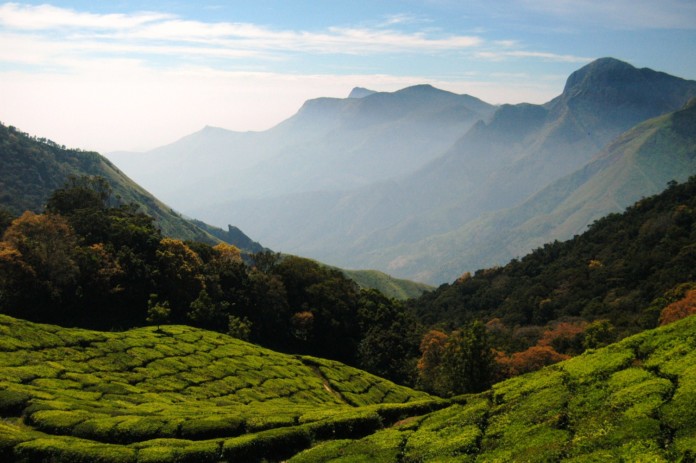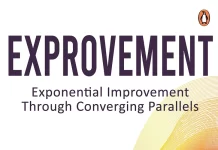The Karnataka Government’s rejection of the draft notification in its entirety is a massive abdication of duty towards betterment of the state. It shows a lack of understanding of just how intricately human lives are linked to ecosystems and how much we will suffer if we do not
protect and sustain Western Ghats.
Our governments have made no attempts to let the truth of these reports and notifications reach the people of the Ghats in a manner in which it can be understood. Truth is that it is not as complicated as they make it seem.
So the idea of informed responses from citizens is completely negated. It appears that these governments have chosen to add fuel to the fire and pick the voices of those whose fears are based on incorrect information. They have used these fears as a reason to validate not protecting the Western Ghats in a holistic manner as this will fit their business agenda.
Coming from Kodagu I understand the fears some people have. I also know from experience that given the chance to actually understand what the draft notification and/or the Kasturirangan report are saying, most people I have interacted with have agreed that this is a necessary step. It will help us protect our land and keep it fruitful.
Our rivers are dying in front of our eyes. No one knows this better than a farmer or a forest dweller. Till date, these communities have been fed lies meant to create panic. For example, people are told that they cannot use fertilizer on their farms, that they cannot use their vehicles after dark; that they cannot build on their land; that they cannot repair their homes; that they cannot till their land. NONE of this is true.
So, keeping all this in mind, I believe that our governments have forgotten that they are merely custodians of all our resources. The principle of intergenerational equity is something they have to keep in mind while deciding how we use and safeguard these resources. They have done us a huge disservice. Even if cities are all they care about, Karnataka in particular will suffer as most of its cities depend wholly on the resources of the Ghats for their sustenance.
Climate change is at our door and the farming and indigenous communities of the Ghats will be some of the first to bear the brunt.
The author works at Jhatkaa (jhatkaa.org) is a Bengaluru-based digital campaigning organization.
Read Jhatkaa’s full report submitted to the Centre https://jhatkaa.org/western-ghats-fact-finding-report/
Highlights & Talking Points
• Western Ghats is one of the world’s eight mega hotspots of biological diversity. Was recognized as UNESCO’s World Heritage Site in 2012
• Dr. Kasturirangan committee earmarked an area of 56,825 square kilometers spread across six states as the Western Ghats Ecologically Sensitive Area. It is one-third of the overall area of the Western Ghats
• Draft notification bans all red category of industry like mining, thermal power plants and other polluting industries
• The Kerala government has asked the Centre to exclude 886.7 sq km “non-forest land” from the area demarcated as Ecologically Fragile Land (EFL)
• The five states are yet to respond even after the passing of the March 2017 deadline
• Over 1500 villages in Karnataka come under the eco-sensitive zone
• The environment ministry has asked for ground verification of all claims of the states
• Environment groups report large scale rigging by local MLAs of compulsory consent of local gram sabhas
• Public hearings are manipulated by local MLAs who have vested interest in timber, mining and sand
• NGOs in Karnataka say the Kasturirangan report was not even translated into Kannada and given to people for reading before the consent meetings were held resulting in exaggerated fears of local people
• NGOs demand a fresh public consent exercise and recommend this to be video recorded
• A well planned and executed Rebalancing of livelihood and ecology is possible. Examples are a plenty around the world
• Only a mass citizen movement with effective communication to local communities is the only way to defeat vested interests of local political groups
By Tania Devaiah










